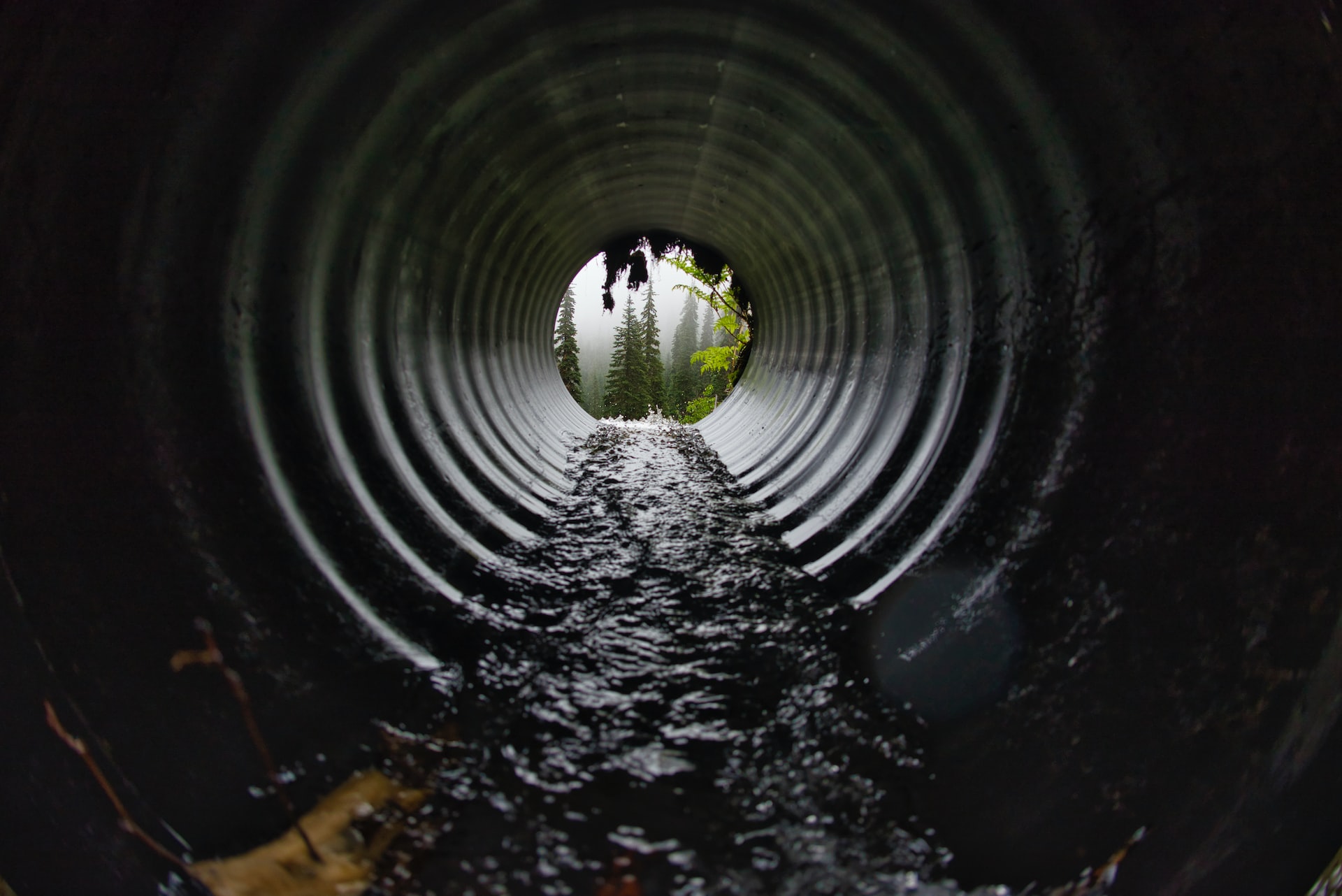You should consider a few things if you think you have a sewer line leak. First, here are some of the symptoms, causes, and costs of a leaking sewer line. It is also important to understand how to prevent a sewer line leak. Once you know the signs, you can take steps to prevent a leak from happening again or you may contact a professional from sewer line leak repair Jacksonville FL.
Signs of a Leaking Sewer Line
There are several signs that your sewer line is leaking. These can include wet patches on your lawn. If you notice any of these issues, you should explore options such as a Trenchless Sewer Repair to address any problems promptly. Also, low water pressure is another sign that your sewer line is leaking.
Strong odors in your home are another symptom of a leaking sewer line. This smell can be coming from a cracked drainpipe. If you smell this odor regularly, you should get it checked out by a plumber. A leaking pipe can lead to mold and mildew in your home. The longer you wait to call a plumber, the higher the chance of mold development.
A slow-draining sink or toilet is another sign of a leaking sewer line. When water starts to clog in a drain, it can cause other drains to clog as well. If this occurs often, you may have a clogged sewer line.
Causes
Sewer line leaks can cause several problems. First, there’s the potential for many pests to invade your home. The water from a leaking sewer can attract many pests, including cockroaches, termites, and mosquitoes. In addition, you’ll likely notice an unusual increase in rodent activity around your leak.
One of the most common problems with sewer line leaks is mold growth. If the problem is not fixed immediately, it can lead to mold and mildew in your home. Mold is a particular concern, as it can lead to serious health risks and destroy your home’s interior.
Inspect your pipes regularly to detect hidden problems. Pay special attention to your sinks and toilets to ensure no hidden pipes. You might notice condensation or a slow drain, which are indicators of a sewer line leak. Also, check your water pressure. If it’s low even after a downpour, it could be a sign of a hidden mainline leak.
Costs
The cost of repairing a sewer line leak is largely determined by the size and length of the line. Additionally, pipe materials affect the cost. Some common materials are PVC, ABS, and cast iron. ABS and PVC pipes are lightweight and easy to install. Cast iron and copper pipes are sturdy and may cost more than ABS.
Repairing a broken sewer line may cost $50 to $200 per linear foot. The cost can be higher depending on the severity of the leak. If the pipe is in the middle of your yard, you may be able to save some money by using trenchless pipe technology. Traditional repair methods can be expensive, requiring removing existing pipes and drywall. Depending on the situation, these methods may cost from $275 to $800.
In some cases, a full replacement is necessary. In such cases, the old pipe will have to be dug up, and the area around it will need to be landscaped. Alternatively, pipe lining can replace a broken section of pipe. This option is more expensive than digging a trench, but it can save you money in the long run.
Prevention
The first step in preventing a sewer line leak is identifying the source. Sewer line problems are often caused by clogged drains and blocked pipes. These clogs can come from various sources, including tree roots, cracked pipes, or items flushed down the toilet. Eventually, they lead to backed-up sewage and can result in thousands of dollars in damage. You can hire a company that utilises denver sewer scopes, for instance,to conduct a thorough inspection of your sewer line, ensuring you detect problems early and fix them before they worsen.
Sewer line leaks can be remedied in several ways. One method involves inserting a plastic liner into a damaged sewer pipe. This material can be inflated, preventing further damage to the line. It then hardens to create a supplementary layer that prevents future root growth. However, this method can be expensive, costing anywhere from $5,000 to $15,000, depending on the pipe size.
Another important way to prevent sewer line leaks is to take precautions around your home. Make sure you regularly dispose of all garbage and food scraps in a trash can. Also, use a filter or basket in the sink drain to catch food scraps. It would help if you never pour grease or cooking oil into the drain, which can clog the pipes. In addition, you should install a backwater prevention valve to keep sewage from backing up into your home. These devices can be installed directly into your sewer line or the basement drain.



